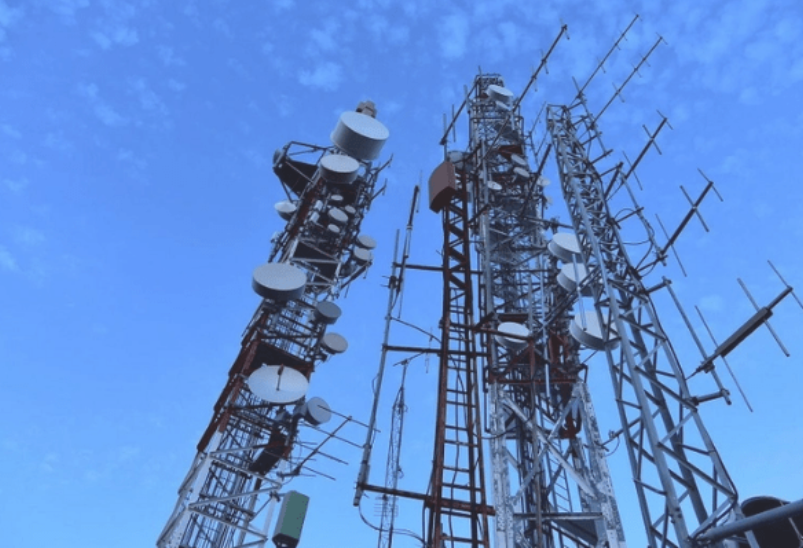Active mobile subscriptions in Nigeria increased from 164.9 million in December 2024 to 169.3 million in January 2025, according to a Tuesday report by the Nigerian Communications Commission (NCC).
Mobile subscriptions from major providers, MTN and Airtel, which grew their subscriber bases during the study period, were the main drivers of the development.
Read also: MTN Nigeria’s subscriber base grows despite NIN-SIM Mandate, reaches 80.9 million in 2024
Recovery from NIN-SIM linkage implementation policy
The data indicates that the telecom industry is still recovering from a previous setback, when the NCC banned SIMs that were not linked to users National Identification Number(NIN)
in February 2024.
NCC’s implementation of the NIN-SIM linkage policy incurred massive losses for the telecom industry.
MTN cut off 4.2 million lines as a result, and Airtel reported 4.9 million pending NIN verifications.
This led to a substantial decline in active mobile subscriptions, which fell from 218.4 million in January 2024 to 169.3 million in January 2025, with September 2024 seeing the lowest number at 154.9 million.
In addition, the increase in active subscriptions raised Nigeria’s teledensity—a metric that counts the number of active phone connections per 100 residents—from 76.08 percent in December 2024 to 78.10 percent.
Breakdown of the mobile subscriptions
MTN increased its market share to 51.7 percent by gaining 2.9 million new customers in January 2025, bringing its total number of consumers to 87.5 million, up from 84.6 million in December 2024.
With the addition of new customers, Airtel’s base grew from 56.6 million to 57.6 million, raising its market share to 34.1 percent.
After losing users in early 2024 as a result of regulatory examinations, Globacom showed indications of rebounding, increasing its subscriber base from 20.1 million in December 2024 to 20.5 million in January 2025.
But for three months in a row, 9mobile’s subscriber base remained stagnant at 3.2 million, continuing its declining trajectory.
The operator’s 2016 dominance, when it had 23.4 million users and a 15.7 percent market share, stands in stark contrast to its current numbers.
Porting statistics
According to the outgoing porting breakdown, Due to 6,716 subscribers moving to competing networks, 9mobile lost the most users overall.
Airtel reported 399 outbound portings, Globacom lost 405 users, and MTN lost 1,188 consumers.
However, Globacom saw 736 new customers, Airtel added 2,414 porting consumers, and MTN added 5,551 new customers from other networks.
The fact that 9mobile only added seven new porting customers in January 2025 highlights the company’s difficulties in the market.
Read also: MTN Nigeria CEO Karl Toriola: Does he really earn N8.5 million daily?
Nigeria’s internet usage
In January 2025, Nigeria’s internet usage surpassed one million terabytes, hitting 1,000,930.60 TB, up from 973,455.35 TB in December 2024.
With elements like social media, e-commerce, remote work, and video streaming all playing a part, the growth underscores a rising dependence on digital services.
Nigeria had a rise in 5G adoption from 2.46% in December 2024 to 2.54% in January 2025. Even while the growth is still slow, it shows that people are becoming more and more interested in faster internet, especially in cities where 5G networks are being installed. 5G adoption is on the rise, which is consistent with the continuous growth of telecom infrastructure.
Nevertheless, even with the rise, 5G still only makes up a small portion of all mobile connectivity, suggesting that further adoption will be contingent upon additional network development and the affordability of devices compatible with 5G.


